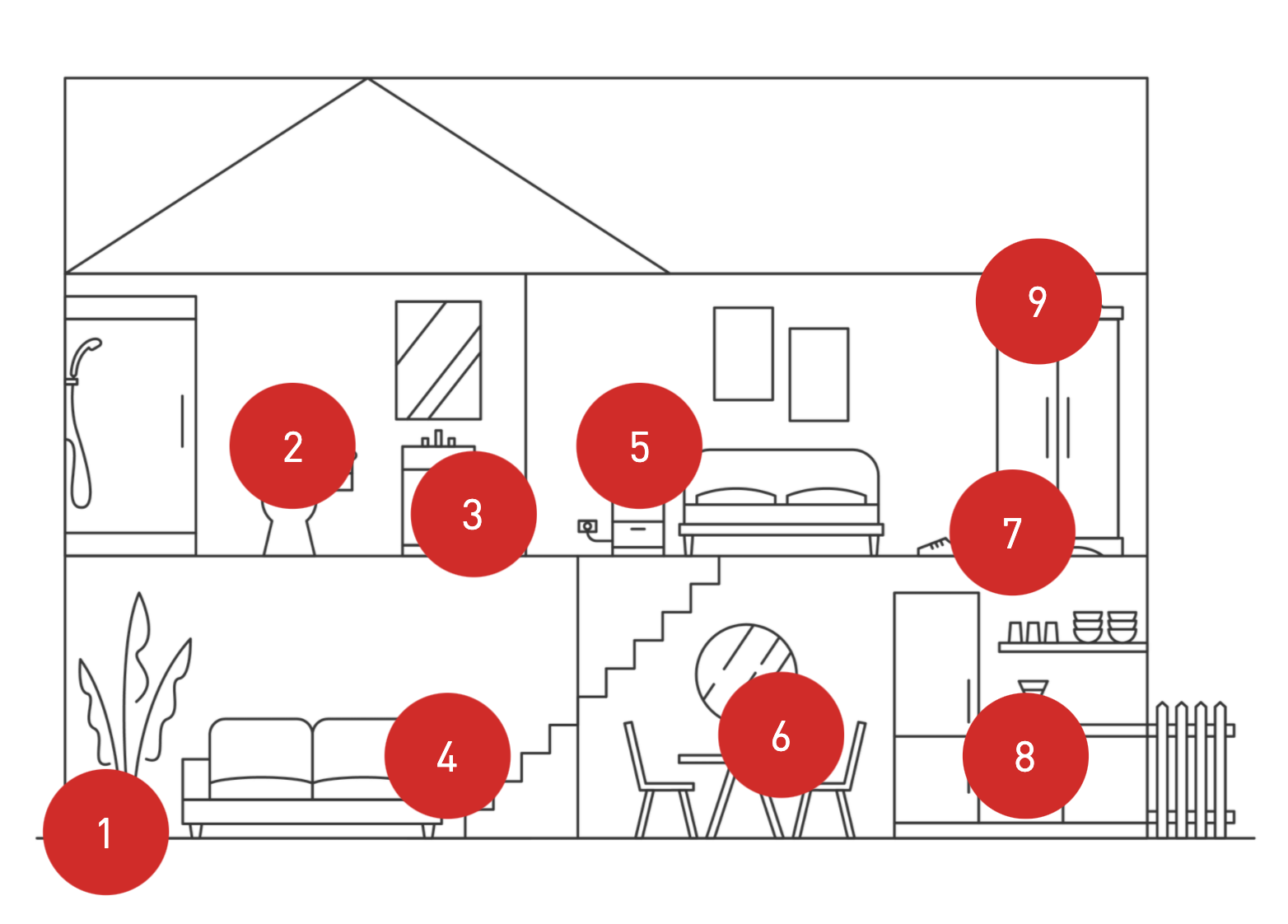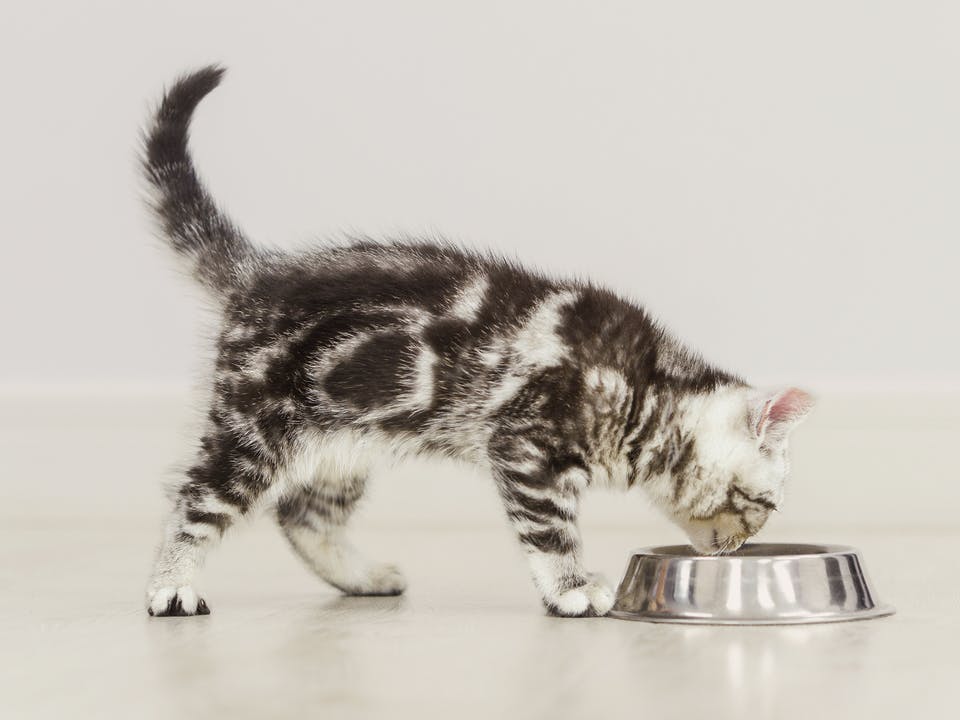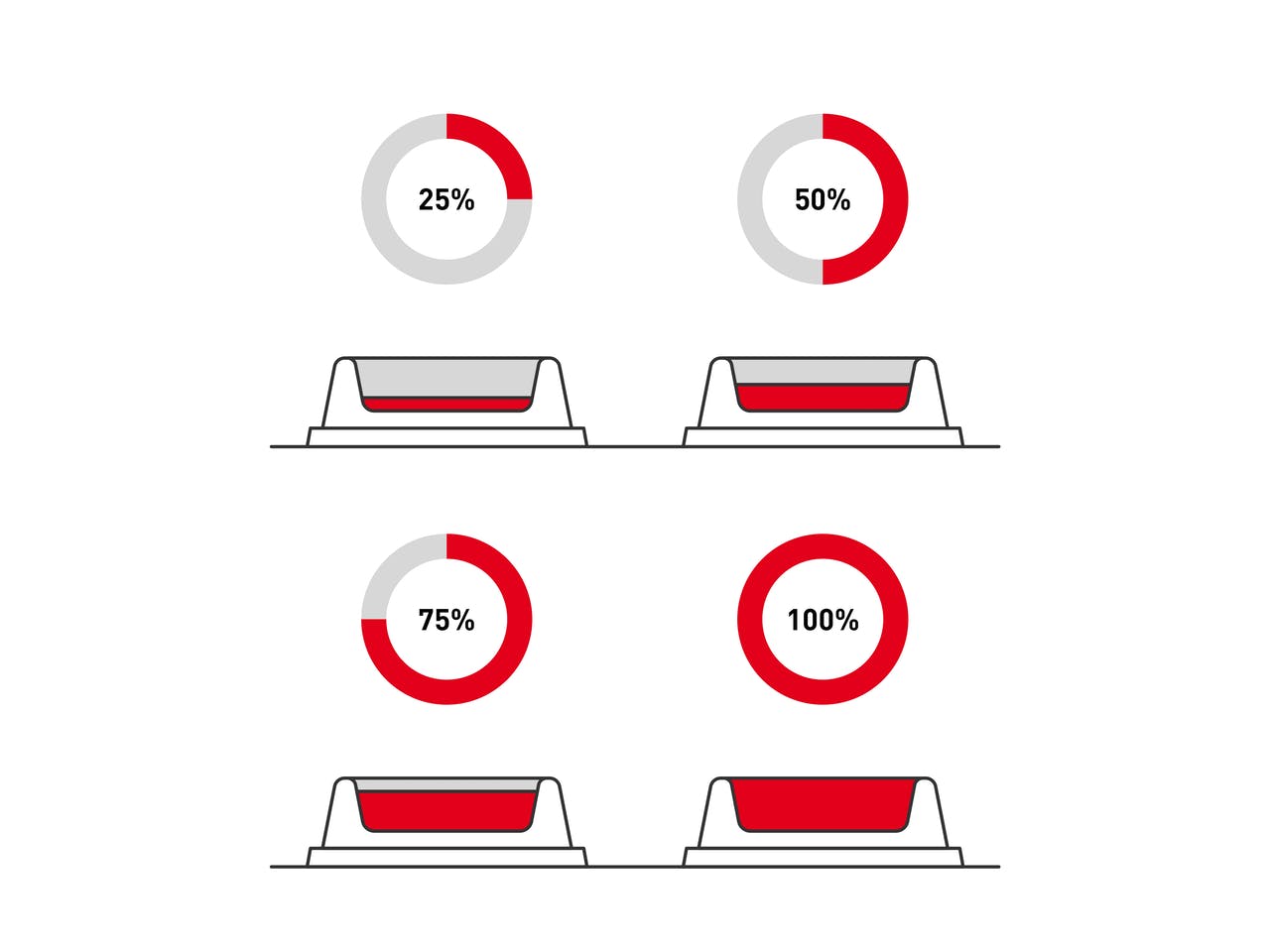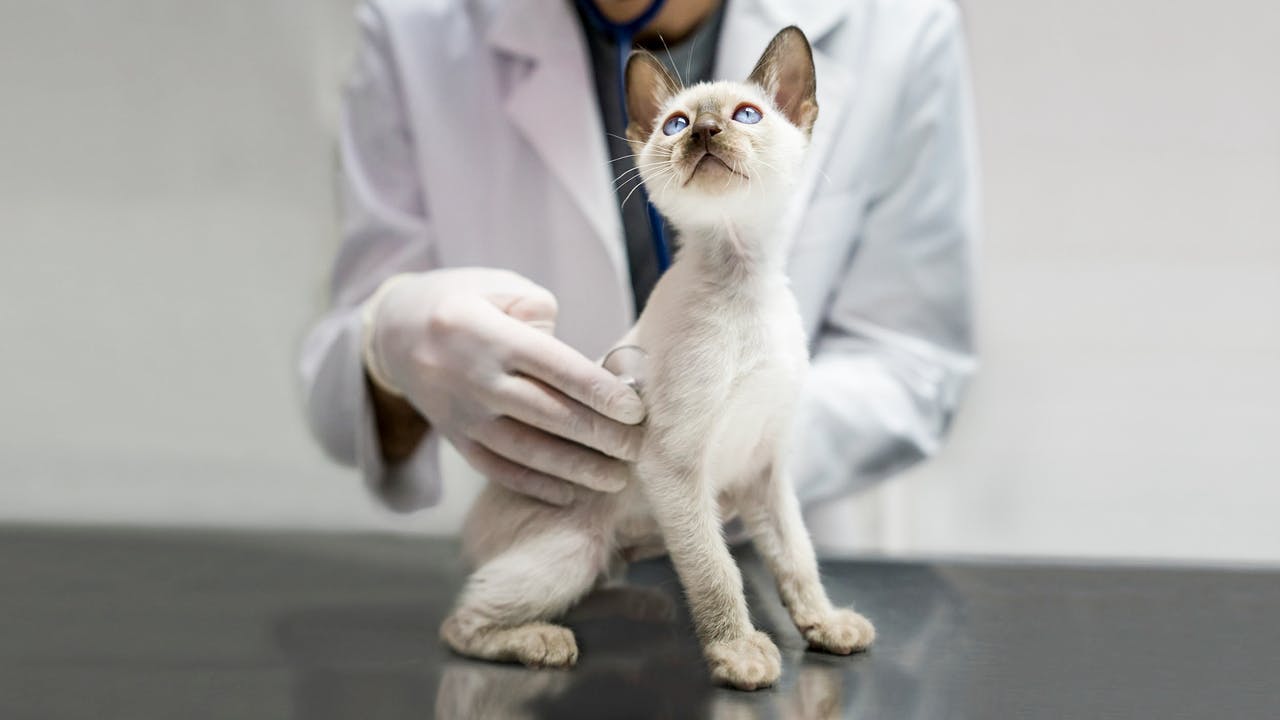Getting Ready for Your Kitten
Before bringing your kitten home, there’s a lot to do to ensure you’re ready for their arrival. As well as buying the right equipment, you’ll need to prepare your home and family too. Key things to consider are:

How to Kitten-Proof Your House
Kittens love to climb, explore, and hide. So it’s vital to do some safeguarding in your home before you bring your kitten to make sure it’s safe for them. Here’s our checklist to help you get prepared.

How to Kitten-Proof Your Yard
Your kitten won’t go outside initially, but it’s important to make sure your yard’s safe ready for when they do. Here are the important things to take care of:

Things You’ll Need for Your Kitten
Before your kitten arrives, makes sure you have everything you need to care for them and help them settle into their new home. Here are the essentials.
Your Kitten’s Nutrition
The Best Kitten Food to Begin with
Your kitten’s digestive system will be very sensitive, so changing their diet suddenly could give them an upset stomach and may even make them skeptical of their food. At first, it’s best to give them the same diet their previous caretaker gave them.
Choosing the right food for your kitten is crucial as it’s essential for their health and development. As they grow, they need a precise balance of nutrients at each stage, including protein, vitamins, and minerals.


How to Switch to New Kitten Food
Preparing Your Family and Pets for Your Kitten
Kittens can easily be overwhelmed or even terrified by encounters with other animals and people, so it’s vital you prepare everyone in your household in the right way.
Choosing a Vet

How to Find a Vet
Your vet will be an important part of your kitten’s life and will help them grow into a healthy adult. So it’s important to find one you can trust before you bring home your kitten a they’ll need a check-up soon after they arrive.
What Should you Consider?
Asking friends and family for recommendations is one of the best ways to find a good vet. You should also consider their:
- Location – can you get there quickly? Is there parking nearby?
- Premises – is it clean, well-equipped and well-maintained?
- Services – do they offer emergency, evening, and weekend services.
Meet Your Vet First
Some veterinary clinics today are designed specifically for cats and offer special surgery times or waiting areas. It’s worth checking if this is available or if the vet has a special interest in cats. It’s also a good idea to meet the vet before you decide to make sure you feel comfortable with them.
Once you’re chosen your vet, make sure you pet their emergency number where you and your family can easily find it.



